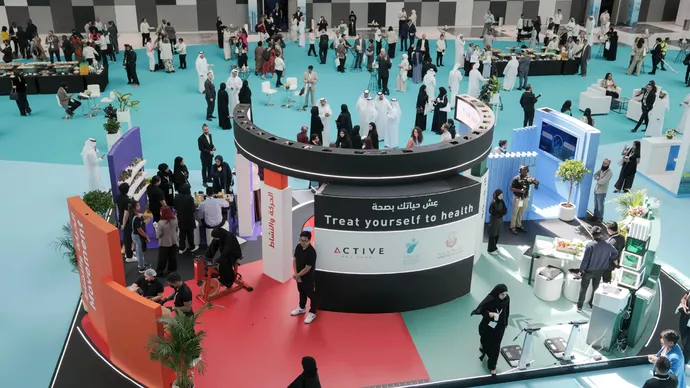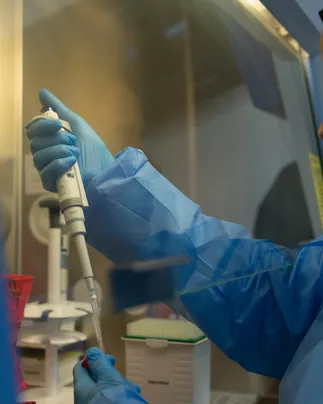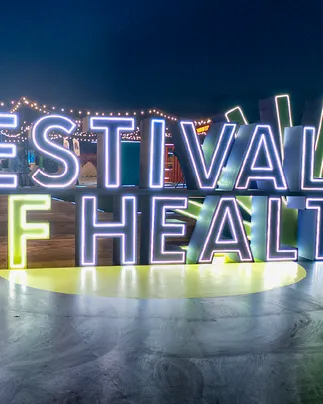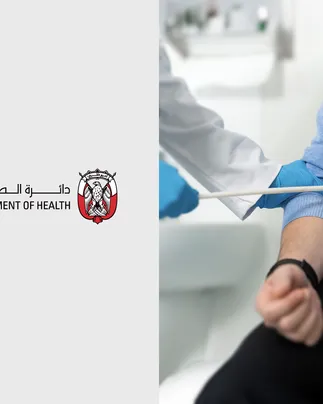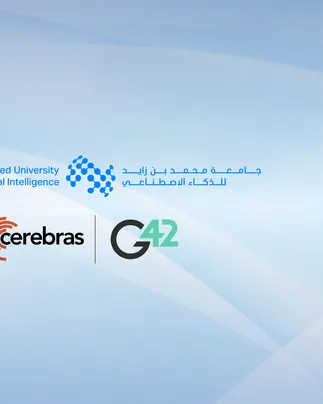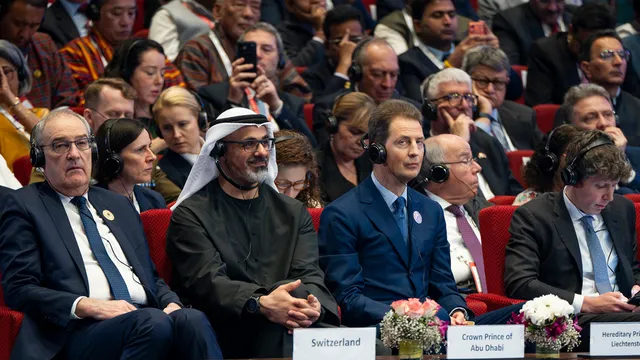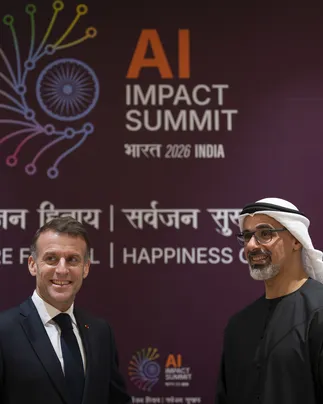As the 25th IUHPE World Conference on Health Promotion concluded in Abu Dhabi, the emirate not only made history as the first Middle Eastern host but also set a powerful new agenda for the future of global public health. Over four transformative days, more than 2,000 experts, leaders, and changemakers from over 100 countries convened to co-create solutions for planetary health and wellbeing.
Co-hosted by the Abu Dhabi Public Health Centre (ADPHC) and the International Union for Health Promotion and Education (IUHPE), and supported by the Department of Health – Abu Dhabi, the conference delivered a suite of tangible global outcomes: 15 policy recommendations, 10 long-term strategic partnerships, and 385 expert-led sessions – all converging around the unifying theme of Settings for Planetary Health and Well-being. Discussions emphasised a paradigm shift from healthcare to holistic health creation, grounded in equity, climate resilience, and systems transformation.
Among the most consequential outputs of IUHPE 2025 were policy recommendations that address some of the most pressing public health imperatives of the 21st century. These included Reframing Digital Health: From Tech-First to People-First: While digital health is revolutionising care delivery, the conference emphasised that technology must be an enabler – not a replacement. Delegates called for a collaborative, inclusive approach that ensures digital tools address the needs of all population segments, particularly the most vulnerable. The goal: enhance accessibility and affordability without displacing traditional care models. It’s not about replacing doctors with devices – it’s about using innovation to bring care closer to everyone.
The other recommendations comprised Designing Cooler, Smarter Cities for a Heating Planet: As extreme heat events grow more frequent, delegates endorsed nature-based and tech-powered urban design solutions. A call to action emerged for the adoption of reflective, porous, and green surfaces as the new global standard. These smart surfaces—combined with solar PV and urban forestry – offer cost-effective, climate-resilient solutions that make cities cooler, healthier, and more livable.
Mental Health as a Right, Not a Privilege: A powerful outcome from IUHPE 2025 was the recognition that mental health must be treated as a systemic right. The policy roadmap urges countries to embed mental well-being into education, urban planning, and primary healthcare. Co-creation with youth and vulnerable groups through digital engagement and participatory design was highlighted as key to culturally relevant solutions. Cross-border investment in AI-powered tools and digital equity will also support global mental health transformation.
Emergency Preparedness: With pandemics, climate shocks, and conflicts increasingly straining health systems, the conference put forward robust recommendations for emergency preparedness. These include boosting healthcare surge capacity, deploying mobile health units, and building community-based response programs. Importantly, mental health support and real-time surveillance must be integrated into all emergency protocols to ensure holistic preparedness.
Finally, From Healthcare to Health: A Systems Shift: the conference encouraged a decisive move away from reactive care to proactive health creation. Delegates advocated for a systems-thinking approach – one that zooms out to examine the social, environmental, and economic determinants of health. This shift redefines how we invest in well-being: not by managing illness, but by designing environments, policies, and services that create health upstream.
His Excellency Dr Rashed Al Suwaidi, Director General of Abu Dhabi Public Health Centre, said: “IUHPE 2025 has shown us that real progress in public health is only possible when we act together—across sectors, systems, and borders.
“This conference reinforced a collective commitment to turn ideas into action and to embed health promotion as a shared responsibility across all settings and communities.”
Echoing this sentiment, Her Excellency Dr. Omniyat Al Hajeri, Executive Director of the Community Health Sector at ADPHC, emphasised the importance of shared responsibility and cross-sector synergy.
“Health must be a fundamental right embedded into the environments we inhabit and the systems we design. We are no longer reacting—we are redesigning health itself.”
Reflecting the UAE’s commitment to collaborative action, eight strategic agreements were signed between ADPHC and global health leaders including Boehringer Ingelheim, Organon, Emirates Cancer Society, Gilead Sciences, AstraZeneca, Novartis, IHLAD, Ma’an , MSD and Roche. These partnerships span key areas such as non-communicable disease prevention, women’s health, early screenings, and community wellness—laying the foundation for sustained localised impact and regional leadership in proactive care.
Sione Tu’itahi, President of IUHPE, said: “Abu Dhabi has redefined what global collaboration in health promotion looks like. The vision and collective resolve witnessed here will reverberate far beyond this conference.”
The conference emphasised that health promotion must extend beyond hospitals to every setting where people live, learn, work, and play.
As the curtains fall, Abu Dhabi stands not only as a host city, but as a global lighthouse for health innovation, equity, and resilience – setting a new gold standard for how the world comes together to shape healthier, more sustainable societies.


